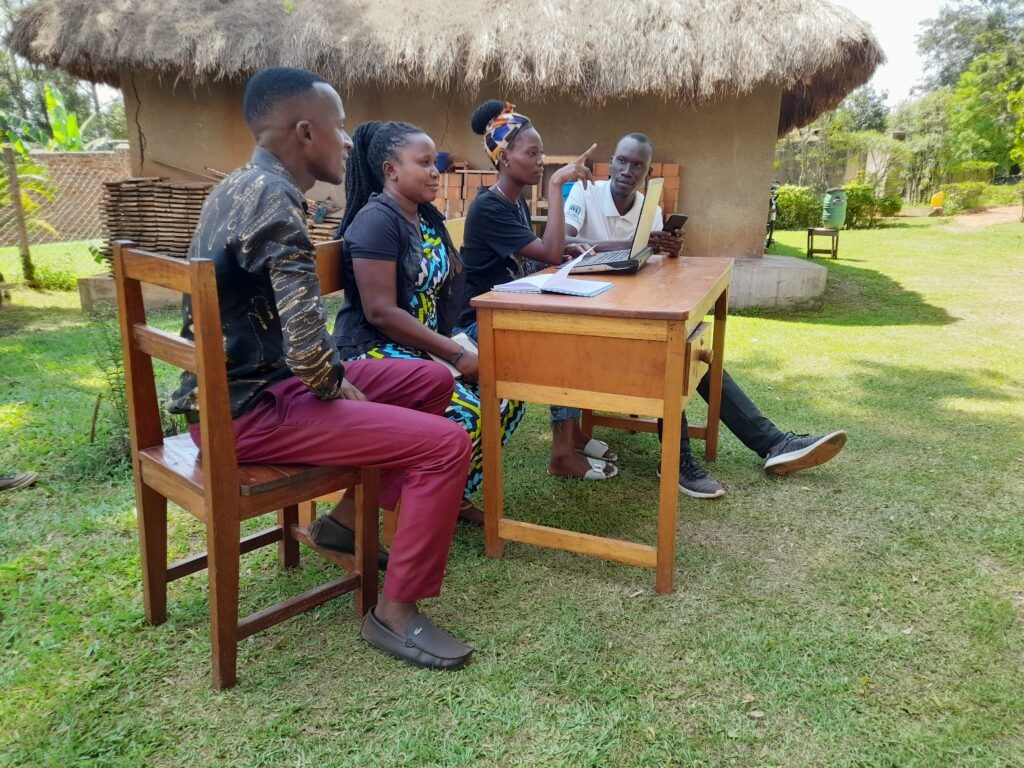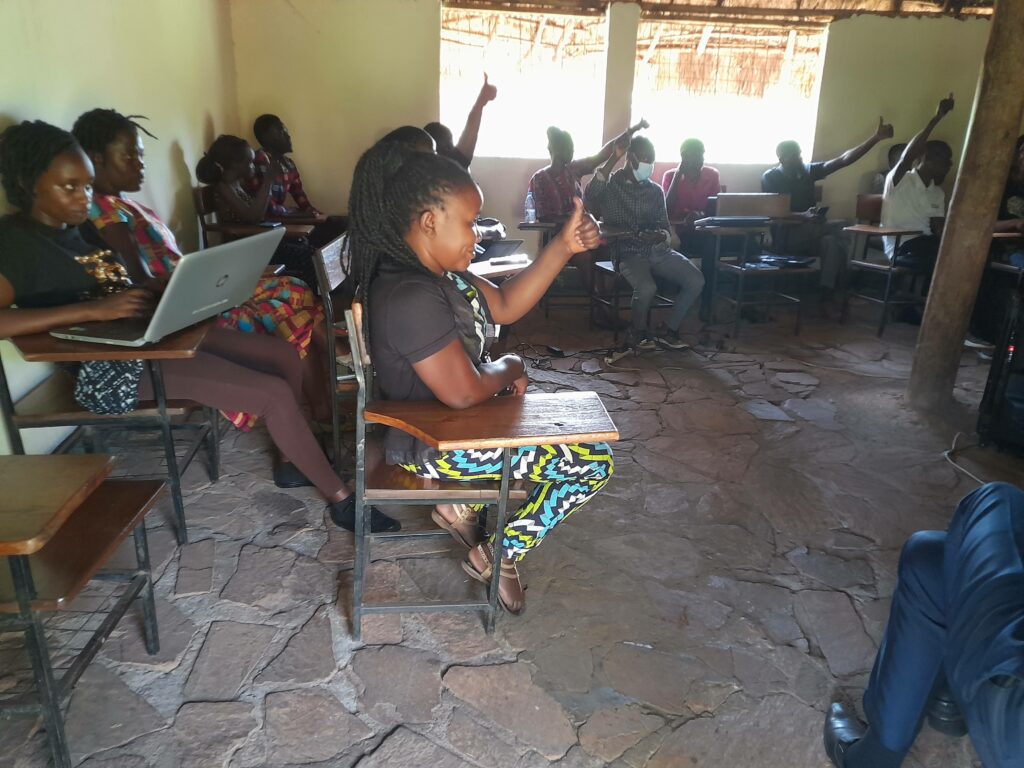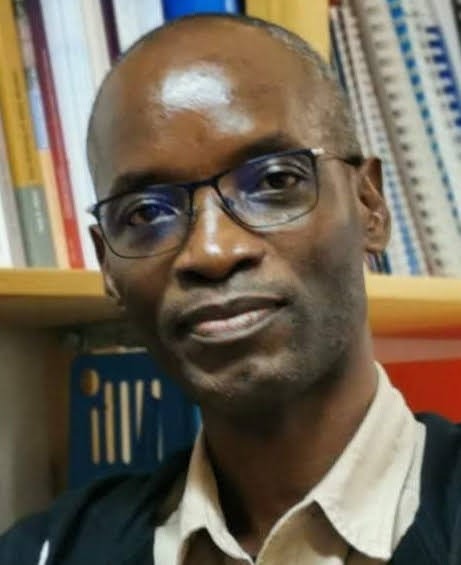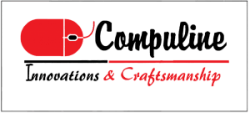The Community of Practice Love at Njeru, Uganda

Community of practice (CoP) is arguably one of the dearest concepts or theories for scholars and practitioners who love ‘practical knowledge’ co-creation through practice. Communities of practice are groups of individuals with a common interest that band together, relating and interacting regularly, to learn from each other and to build their capabilities for better performance in their different life domains as as workers, community members, and family heads. In their monumental contribution to the growth and expansion of CoP, Wenger and others (Lave and Wenger, 1991; Wenger, 2004) offer a powerful credence to the social theory of learning. They offer a compelling impetus to participation as a core of democratic production and utilisation of knowledge by the social actors who constantly aim to shape their life and work realities.
ICT Community of Practice (ICT CoP) at Njeru
The ‘CoP love’ is hard to ignore in accounting for our attempts to explore the possibilities, difficulties and dilemmas of supporting young Ugandans to ‘practice ICT’ for their education and work transition. In the last quarter of 2022, we formally commenced the informal creation of a community of practice for interested young people to relate by way of online and physical interactions. Information and Communications Technologies (ICT) skills development and use is the rallying point thus the name ‘ICT Community of Practice (ICT CoP). The ICT CoP is focused on developing and harnessing ICT skills and practices amongst its members and their local communities in Uganda’s rural-urban areas of Njeru and Jinja which have limited internet/ICT infrastructure.
So far the ICT CoP has over 30 young people most of whom are zigzagging between education, work and family formation pathways amidst several barriers and obstacles. Expanding steadily with new entrants almost every week, the ICT CoP is driven by the desire to stay socially connected in solidarity to confront the troubles associated with mainly little or no opportunities to find decent work. The ICT CoP members relate, learn and teach each other digitally but also through Monthly Physical Learning Encounters (MPLEs) at EDI Uganda. ICT tools and apps such as Google Meet,WhatsApp, Google Classrooms and Padlet are making it possible for the young people to stay connected while learning and practising essential ICTs for study purposes and ‘work creation’

In April 2023, the ICT CoP embarked on an ICT Social Innovation Initiative; and so far the intentional group conversations about how to turn social problems into ICT-driven social enterprises are taking place. In a way, the young people are getting deeper into the paradigm of ‘social entrepreneurship’ by practice. As a practise-based researcher and lifelong learner, this is one of my priority reflections to further understand how learning through practice could perhaps be promoted alongside the dominant assumption that ‘learning’ results from teaching at a primary, secondary or higher education institution. A core element of my motivation for this reflection is Etiene Wenger’s proposition: So, what if we adopted a different perspective, one that placed learning in the context of our lived experience of participation in the world? (Wenger, 2004, p3)
The ICT Community of Practice at Njeru to harness young people’s digital skills development and use to drive their quest for work and job prospects is unfolding. Of course it would be utter dishonesty to say it is smooth all the way but it is indeed a rewarding experience. I am motivated to write and share the insights and lessons as they unfold and if you Interested, please follow us on the different media platforms.
Reference
Leavy, J., and E. Wenger. Situated learning: legitimate peripheral participation. Cambridge, Cambridge University Press, 1991.
Wenger, Etiene. Communities of practice: Learning, meaning, and identity. Cambridge, Cambridge University Press, 2004.

Educationist, Researcher and Development Consultant
Something more to read Reclaiming educative power of vocational placements
